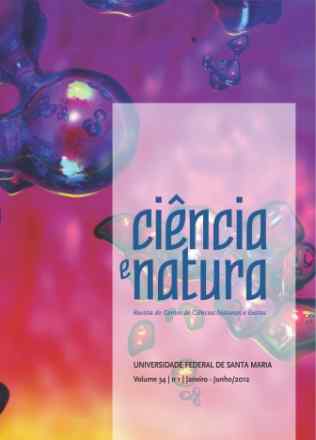SHAHNAME FIRDAUSI AND TRANSFORMATIONAL MANAGEMENT WITH ATTITUDE COMPARISON ULRICH TRANSFORMATION PATTERN
Ciência E Natura
SHAHNAME FIRDAUSI AND TRANSFORMATIONAL MANAGEMENT WITH ATTITUDE COMPARISON ULRICH TRANSFORMATION PATTERN
Autor Correspondente: Shirin Shirin Samsami | [email protected]
Palavras-chave: management, transformation, Firdausi
Resumos Cadastrados
Resumo Inglês:
Investigating valuable works of literature by scientists of different fields and publication of various books associated with literature and other sciences emphasize on the important issue that literature does not belong just to emotion and taste. Rather it includes a wide range of sensory experiences based on concrete facts. One of the new sciences whose principles can be used in investigation of literary texts is management. Abolghasem Firdausi's Shahname which provides unlimited time and place has presented various events. In these various events, numerous people with different human actions and interactions play their roles; therefore, Shahname is an appropriate research target for those researchers who are interested in interdisciplinary research such as literature and management, particularly management of human resources. In this regard, the researcher in the present study aims to make relation between one of modern management concepts -transformational management- with management strategies of Shahname and through descriptive-analytic method introduce the country's local management principles and also indicate that transformation in Shahname follows Ulrich transformation pattern. Leadership, establishment of shared needs, shared attitudes, commitment, transformation management, change supervision, and change stability can be mentioned as similar points emphasized by Firdausi and Ulrich regarding change

